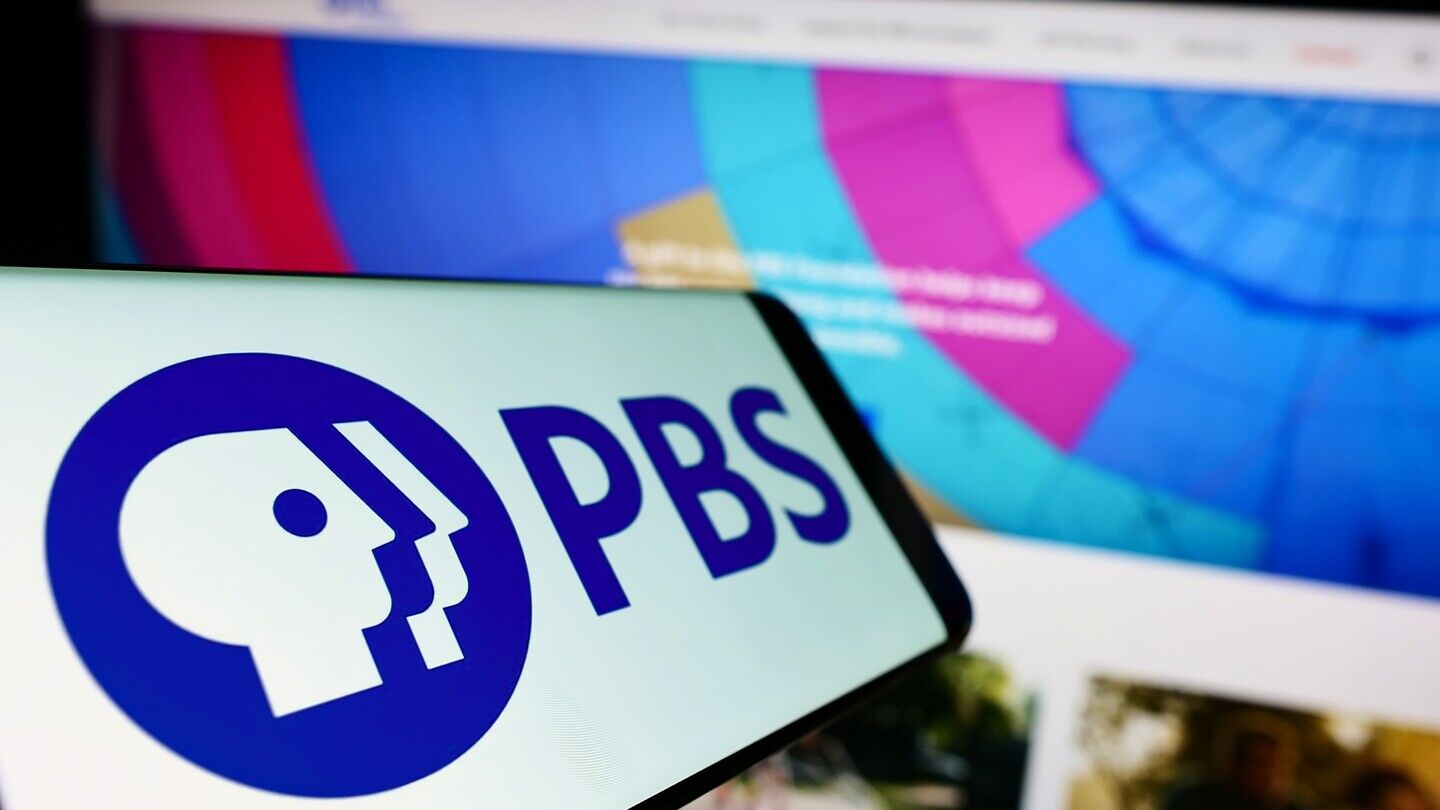A significant number of UK households still rely solely on traditional TV platforms such as digital terrestrial television (DTT), cable or satellite, and without government intervention, some groups may find it difficult to adopt internet-based TV (IPTV), according to a new report for the Department for Culture, Media and Sport (DCMS).
The ‘Revealing Reality’ report was commissioned by the DCMS to inform future policy decisions and to understand the barriers to wider IPTV adoption.
.jpg)
It concludes that more households are incorporating IPTV into their viewing habits, often alongside traditional platforms. Over the next decade, the number of IPTV only and hybrid households is expected to grow, gradually becoming the majority.
At the same time, maintaining the DTT network is becoming increasingly costly and less sustainable, says the DCMS.
The infrastructure costs remain broadly fixed, meaning that as the number of DTT viewers declines, the cost per remaining viewer rises.
The report found that many DTT-only users were satisfied with their current setup and had never actively considered switching. Some lacked awareness of IPTV options, while others misunderstood what IPTV entailed. Misconceptions included assumptions that IPTV required a costly pay-TV subscription, that they would lose access to live TV, or that IPTV would be complex to set up and use.
While most DTT-only users had broadband, some faced issues with reliability and therefore assumed IPTV might not work consistently in their homes. A small number had no home broadband, either due to financial reasons or personal choice, relying instead on mobile data for internet use. Others were apprehensive about becoming fully reliant on the Internet for TV, fearing outages or connection issues.
Most participants were comfortable setting up and using IPTV independently, but a smaller group – primarily older individuals or those with low digital confidence – felt they would struggle.
A minority faced genuine financial constraints that made IPTV currently unattainable. Some of those participants could not afford broadband, while others worried about sustaining the ongoing cost.
The report concluded that efforts to support these people to adopt IPTV could focus on four key areas:
• Addressing misconceptions – Providing clear information on free or low-cost IPTV options, how to access live TV, and simple setup processes.
• Structured support for those without informal help – Ensuring practical, hands-on guidance is available for people who cannot rely on family or friends, covering both initial setup and learning to use IPTV confidently over time.
• Addressing financial barriers – Raising awareness of free IPTV services, existing financial support schemes, and potential subsidised broadband options for low-income households.
• Improving awareness of internet solutions – Helping people understand alternative broadband providers, wired connections (such as ethernet cables), and Wi-Fi boosters to improve IPTV reliability.
• Ensuring broadband access – Continuing efforts to expand affordable and reliable broadband coverage to support IPTV adoption.

HbbTV Association formally integrates DRM in HbbTV 2.0.5
The HbbTV Association has published version 2.0.5 of its core specification, which formally integrates digital rights management (DRM). While HbbTV devices have supported DRM for many years, this is the first time it has been explicitly defined, providing a harmonised, interoperable approach across the ecosystem.

Netflix withdraws from race to acquire Warner Bros Discovery
Netflix has withdrawn from the race to acquire Warner Bros Discovery, leaving the way clear for Paramount Skydance to win the months-long battle for the historic Hollywood studio.

UK set to enhance regulation of major streamers such as Netflix and Disney+
The UK's biggest video-on-demand services will have to follow the same content and accessibility rules as traditional broadcasters, under new government legislation.

Avatar: Fire and Ash leads at Visual Effects Society awards
Avatar: Fire and Ash was the big winner at the Visual Effects Society’s 24th Annual VES Awards, taking home seven awards in total, including the top prize of Outstanding Visual Effects in a Photoreal Feature.

Charity publishes set of principles for mentally healthy productions
The Film and TV Charity has unveiled its new ‘Principles for Mentally Healthy Productions’ to help address systemic pressures and poor working practices across the UK screen sector, aiming to improve culture and conditions on productions.




